THAT gospel episode about Christ’s disciples experiencing a terrible tempest at sea while Christ was simply sleeping in one corner of the boat (cfr. Mt 8,23-27) should remind us that while we cannot help but be filled with fear and worries when all kinds of life’s troubles would assail us, we should never lose the hope that Christ will always come to our aid one way or another.
We should try to recover our hope and serenity so that we can be in a better condition to tackle the many challenges of our life. We have to train ourselves to have this kind of reaction, knowing that trials and all kinds of difficulties are unavoidable in our life. Let’s never forget what Christ once said: “In this world you will have trouble. But take heart! I have overcome the world.” (Jn 16,33)
In all our affairs and situations in life, we should always go to God to ask for his help and guidance, and to trust his ways and his providence, even if the outcome of our prayers and petitions appears unanswered, if not, contradicted.
This should be the attitude to have. It’s an attitude that can only indicate our unconditional faith and love for God who is always in control of things, and at the same time can also leave us in peace and joy even at the worst of the possibilities.
Remember the Book of Ecclesiastes where it says that for everything there is a season, “a time to be born, and a time to die; a time to plant, and a time to pluck up what is planted; a time to kill, and a time to heal…” But everything is under God’s control, and even if we are capable of eternity, we just the same “cannot find out what God has done from the beginning to the end.” (3,1ff) We just have to trust him.
We have to follow the example of the many characters in the gospel who, feeling helpless in the many predicaments they were in, earnestly rushed to Christ for some succor. They went to him unafraid and unashamed and they got what they wanted.
It may happen that we may not get what we want. And in this, we should not be too surprised or too worried. What is sure is that God always listens and gives us what is best for us.
If our request is granted, it’s because it is good for us. We should however be careful that the favor should not spoil us but should rather make us more thankful and faithful to him.
If our request is not granted, it could be because what we asked is actually not good for us. Examples of this kind of cases are aplenty, and many would later on realize how lucky they were that what they asked for was not granted.
In this life, we should just have to develop a sportsman’s attitude, since life is like a game. Yes, life is like a game, because we set out to pursue a goal, we have to follow certain rules, we are given some means, tools and instruments, we train and are primed to win and do our best, but defeats can always come, and yet, we just have to move on.
We need a sporting spirit because life’s true failure can come only when we choose not to have hope.

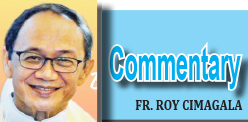
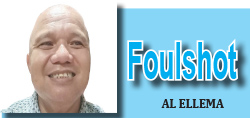

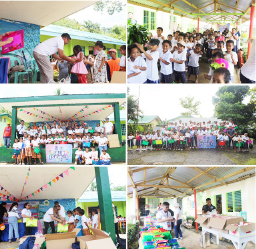
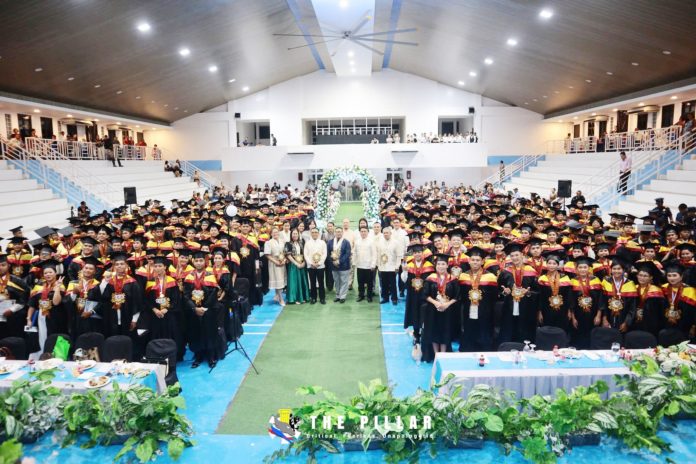
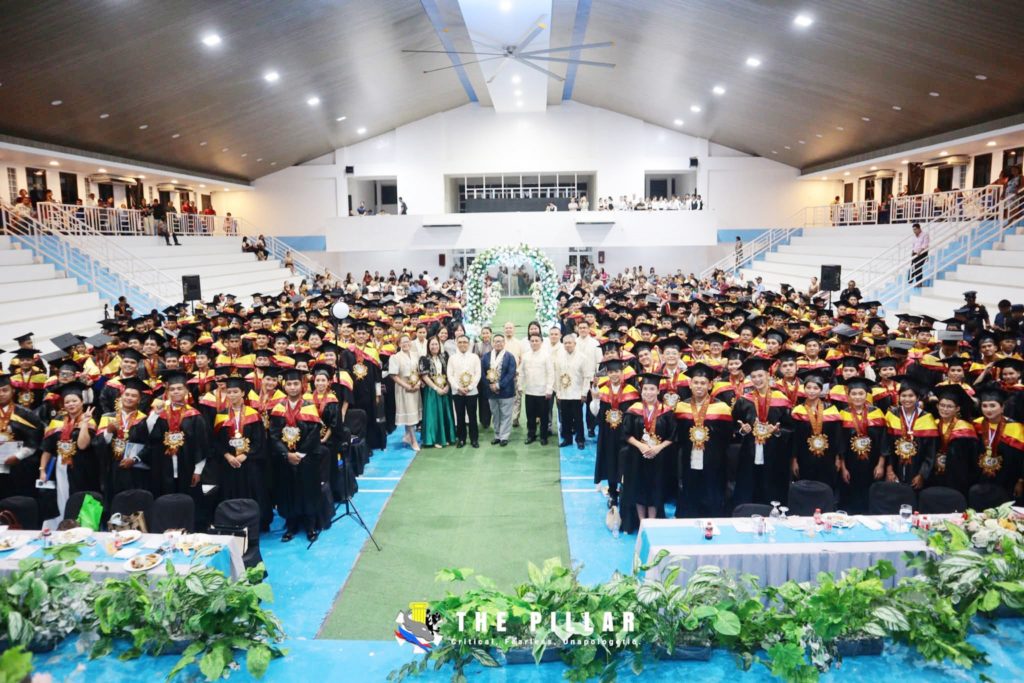
Graduation is only the beginning
To the thousands of young men and women donning caps and gowns, graduation feels like the end of a long, arduous trek. And rightly so—it is an ending. An end to sleepless nights wrestling with modules, an end to surviving on instant noodles and pure willpower, and an end to the academic rituals that have defined much of their youth.
But let me be clear: this is not the finish line. It is only a bend in the road.
Graduation is not the culmination of struggle. In many ways, it is only the gateway to a new kind of hardship—one that doesn’t come with syllabi, deadlines, or teacher’s guidance. It comes wrapped in the uncertainties of job hunting, the pressure of becoming financially independent, and the quiet doubt of whether you’re truly ready for life’s next chapter.
Yet, this next chapter is the most exhilarating one. It is here where the strength forged in college—your resilience, your values, your passions—are tested not in theory but in the furnace of reality.
The diploma does not guarantee ease. It guarantees readiness. Readiness to face a world where your character matters more than your grades. Where persistence trumps prestige. Where who you are means more than what title follows your name.
Let’s not reduce graduation to a ceremonial march across a stage. Let’s see it as a launch. Because the real measure of your education is not how high your grades climbed, but how far your compassion reaches, how deeply your integrity stands, and how bravely you respond to the world’s problems.
Because in truth, a student never truly stops struggling. And that’s a beautiful thing—because growth never stops either.